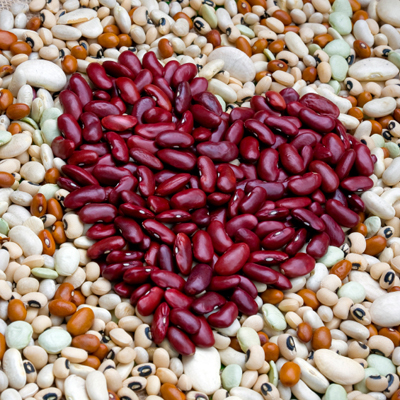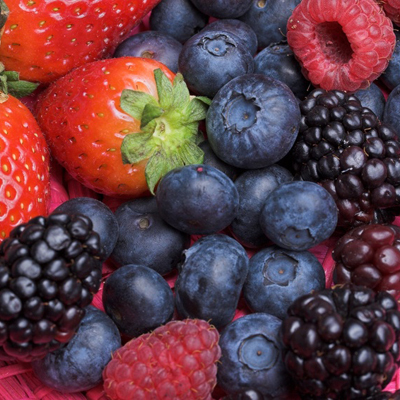Oatmeal
Start your day with a steaming bowl of oats, which are full of omega-3 fatty acids, folate, and potassium. This fiber-rich super-food can lower levels of LDL (or bad) cholesterol and help keep arteries clear.
Opt for coarse or steel-cut oats over instant varieties—which contain more fiber—and top your bowl off with a banana for another 4 grams of fiber.
Salmon
Super-rich in omega-3 fatty acids, salmon can effectively reduce blood pressure and keep clotting at bay. Aim for two servings per week, which may reduce your risk of dying of a heart attack by up to one-third.
"Salmon contains the carotenoid astaxanthin, which is a very powerful antioxidant," says cardiologist Stephen T. Sinatra, MD, the author of
Lower Your Blood Pressure In Eight Weeks. But be sure to choose wild salmon over farm-raised fish, which can be packed with insecticides, pesticides, and heavy metals.
Not a fan of salmon? Other oily fish like mackerel, tuna, herring, and sardines will give your heart the same boost.
Avocado
Add a bit of avocado to a sandwich or spinach salad to up the amount of heart-healthy fats in your diet. Packed with monounsaturated fat, avocados can help lower LDL levels while raising the amount of HDL cholesterol in your body.
"Avocados are awesome," says Dr. Sinatra. "They allow for the absorption of other carotenoids—especially beta-carotene and lycopene—which are essential for heart health."
Olive oilFull of monounsaturated fats, olive oil lowers bad LDL cholesterol and reduces your risk of developing heart disease.
Results from the Seven Countries Study, which looked at cardiovascular disease incidences across the globe, showed that while men in Crete had a predisposition for high cholesterol levels, relatively few died of heart disease because their diet focused on heart-healthy fats found in olive oil. Look for extra-virgin or virgin varieties—they're the least processed—and use them instead of butter when cooking.
Nuts Walnuts are full of omega-3 fatty acids and, along with almonds and macadamia nuts, are loaded with mono- and polyunsaturated fat. Plus, nuts increase fiber in the diet, says Dr. Sinatra. "And like olive oil, they are a great source of healthy fat."
Berries Blueberries, raspberries, strawberries—whatever berry you like best—are full of anti-inflammatories, which reduce your risk of heart disease and cancer.
"Blackberries and blueberries are especially great," says Sinatra. "But all berries are great for your vascular health."
Legumes
Fill up on fiber with lentils, chickpeas, and black and kidney beans. They're packed with omega-3 fatty acids, calcium, and soluble fiber.
Spinach
Spinach can help keep your ticker in top shape thanks to its stores of lutein, folate, potassium, and fiber.
But upping your servings of any veggies is sure to give your heart a boost. The Physicians' Health Study examined more than 15,000 men without heart disease for a period of 12 years. Those who ate at least two-and-a-half servings of vegetables each day cut their risk of heart disease by about 25%, compared with those who didn't eat the veggies. Each additional serving reduced risk by another 17%.
Flaxseed Full of fiber and omega-3 and omega-6 fatty acids, a little sprinkling of flaxseed can go a long way for your heart. Top a bowl of oatmeal or whole-grain cereal with a smidgen of ground flaxseed for the ultimate heart-healthy breakfast.
Soy Soy may lower cholesterol, and since it is low in saturated fat, it's still a great source of lean protein in a heart-healthy diet.

